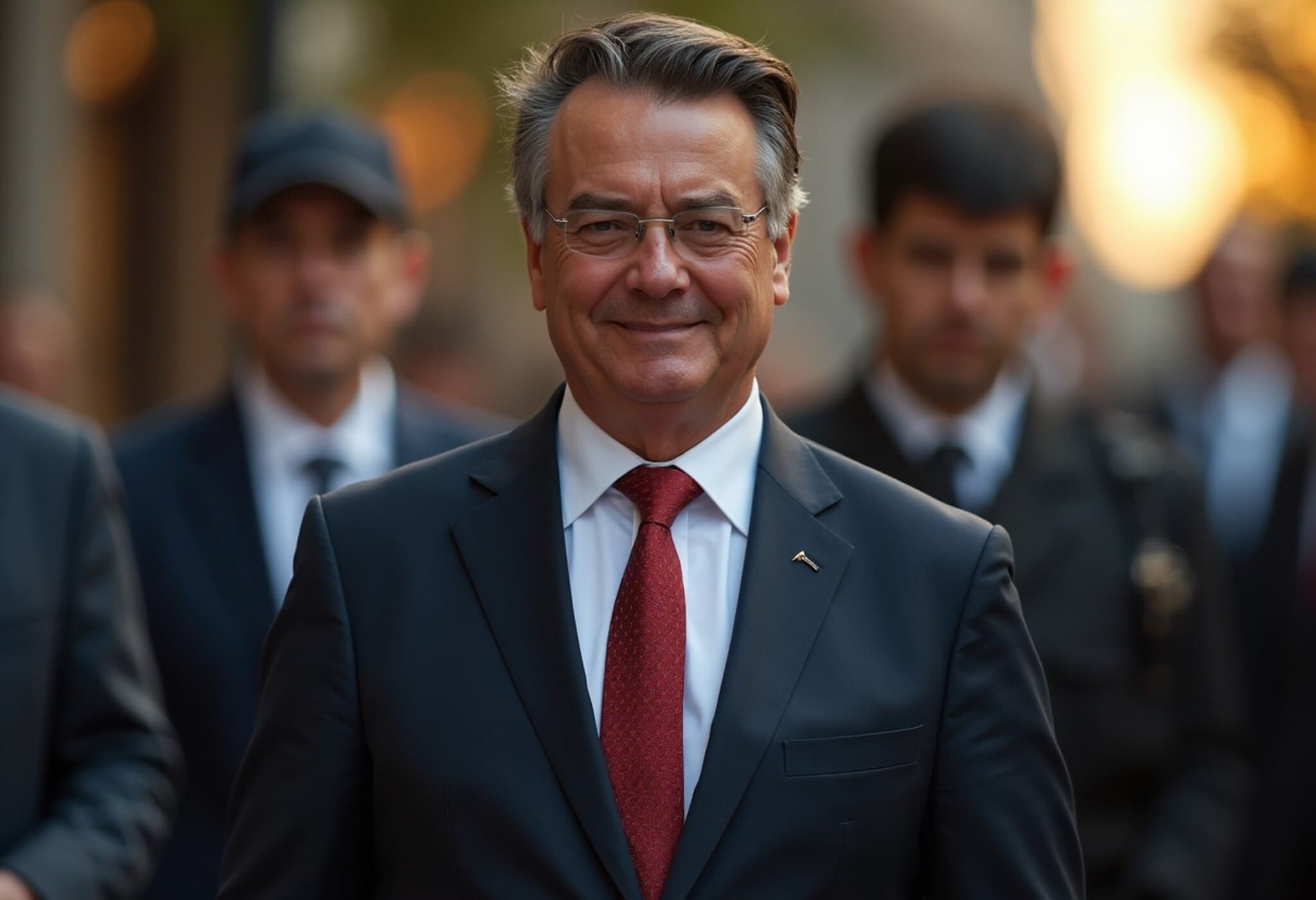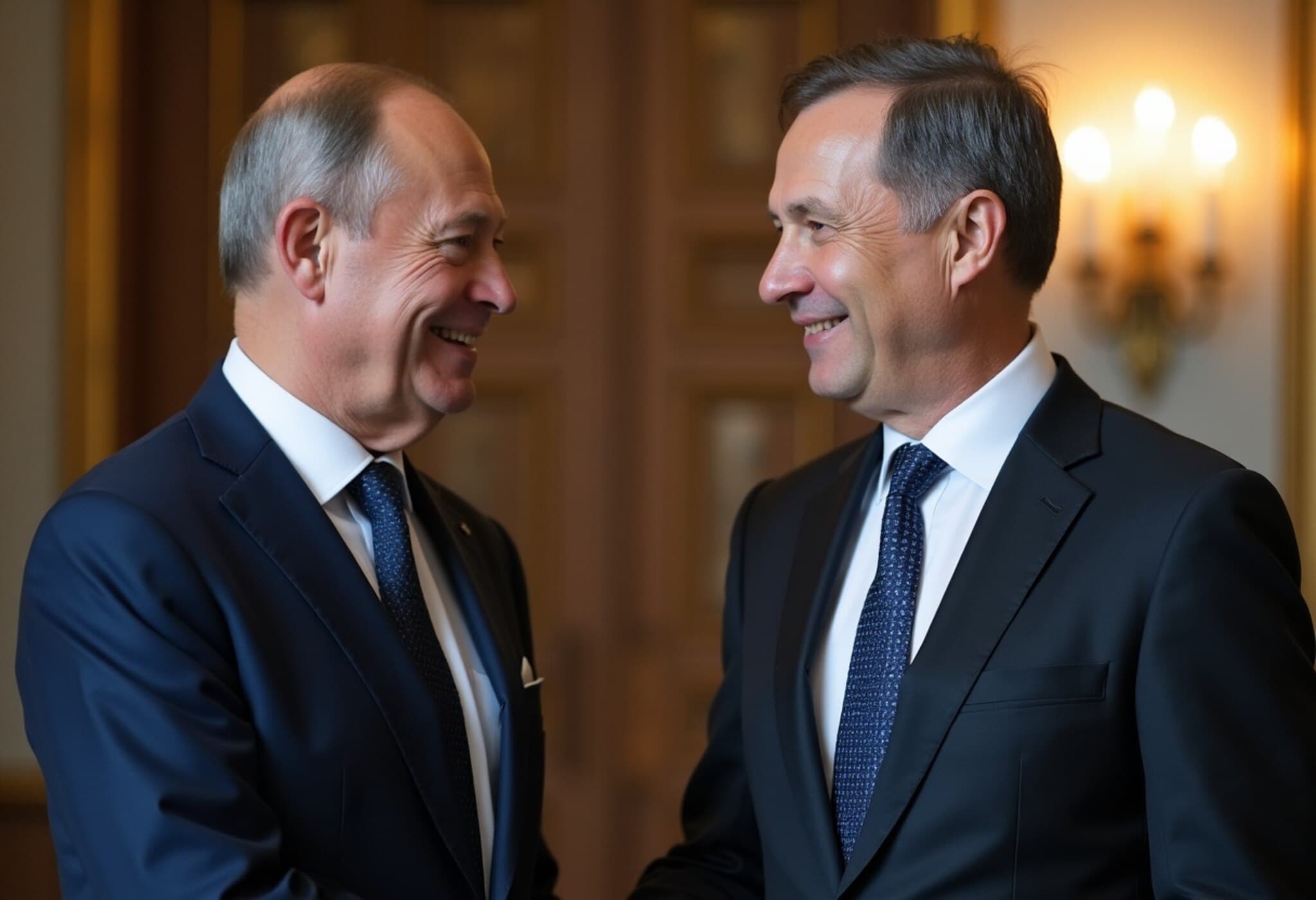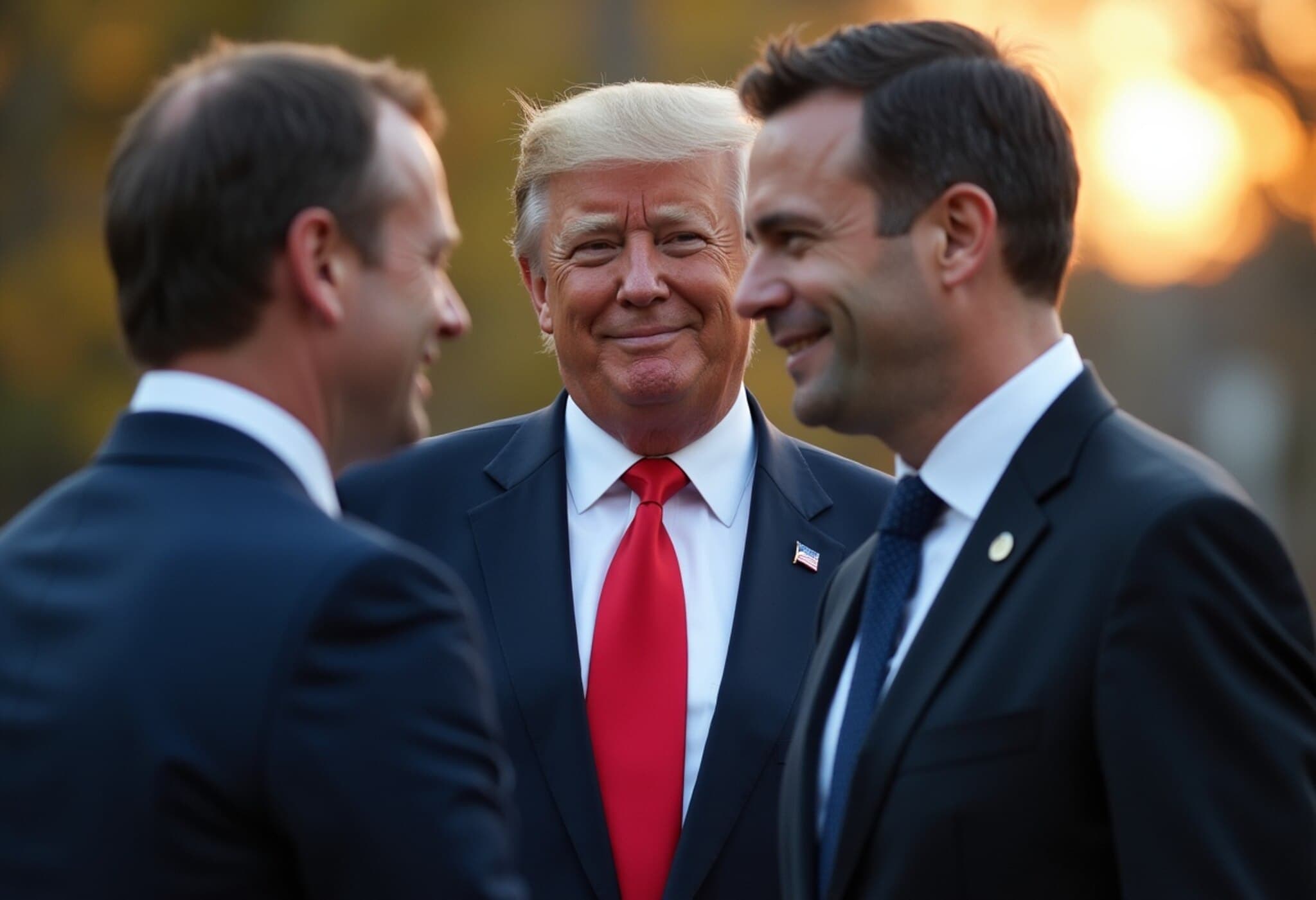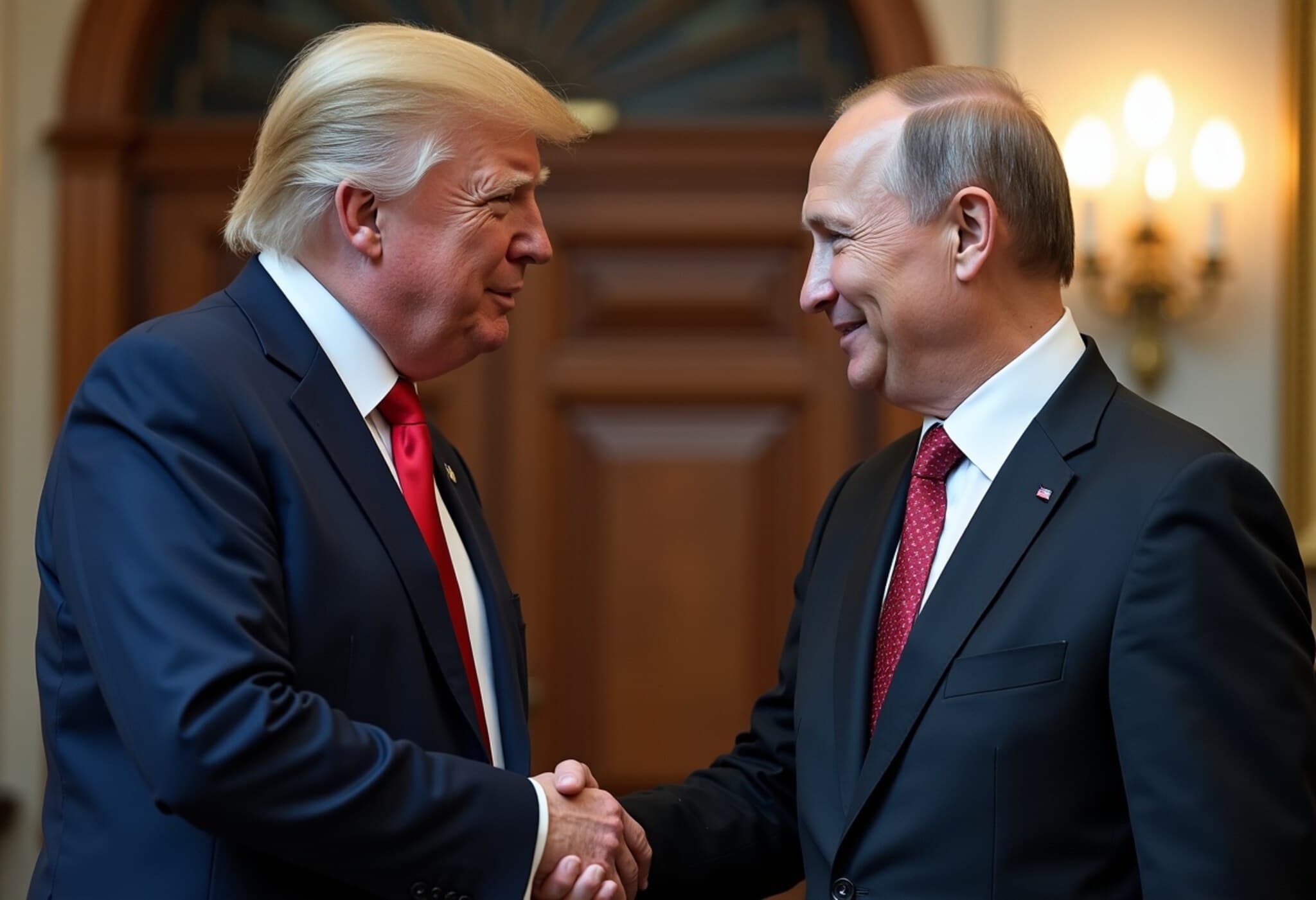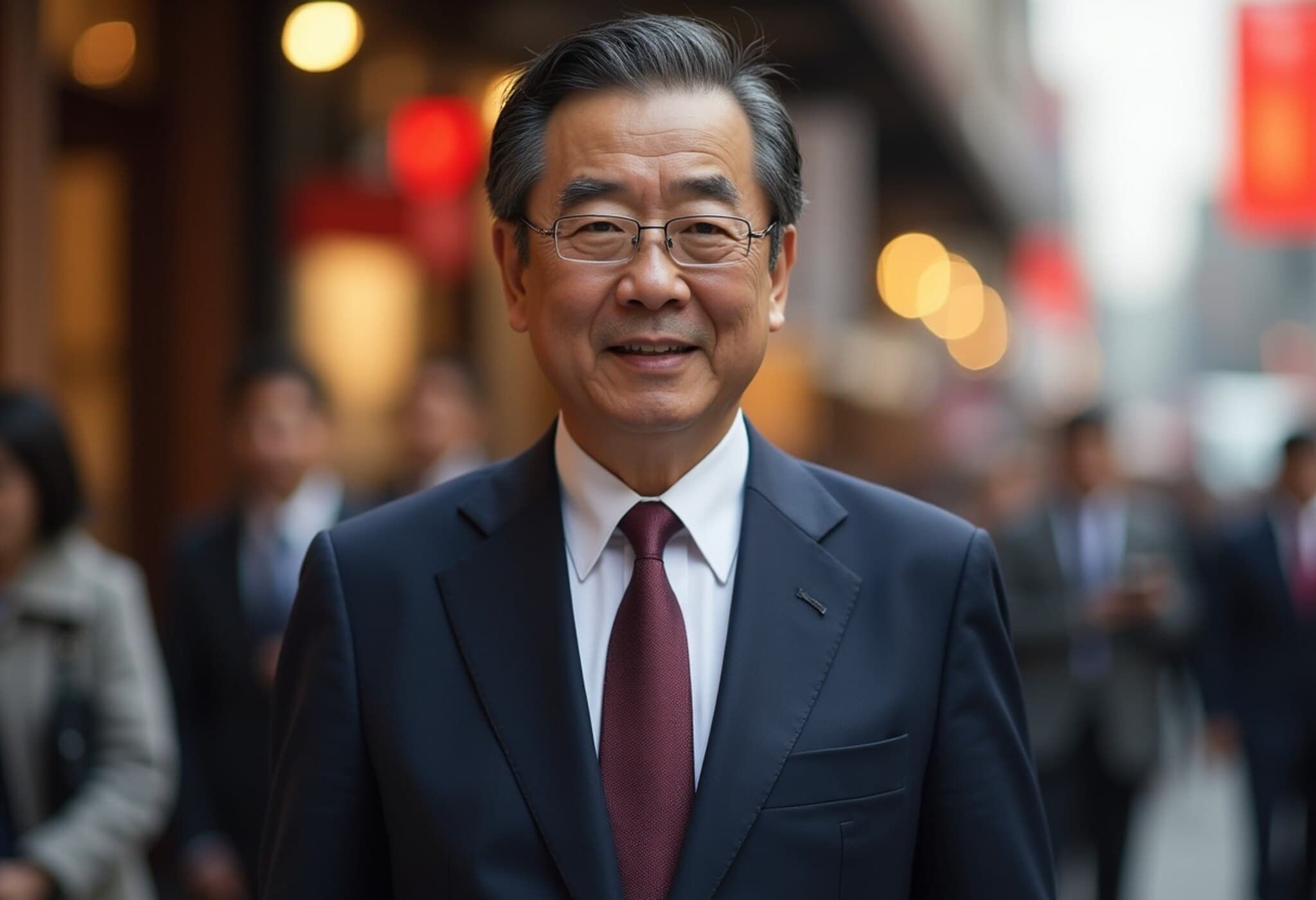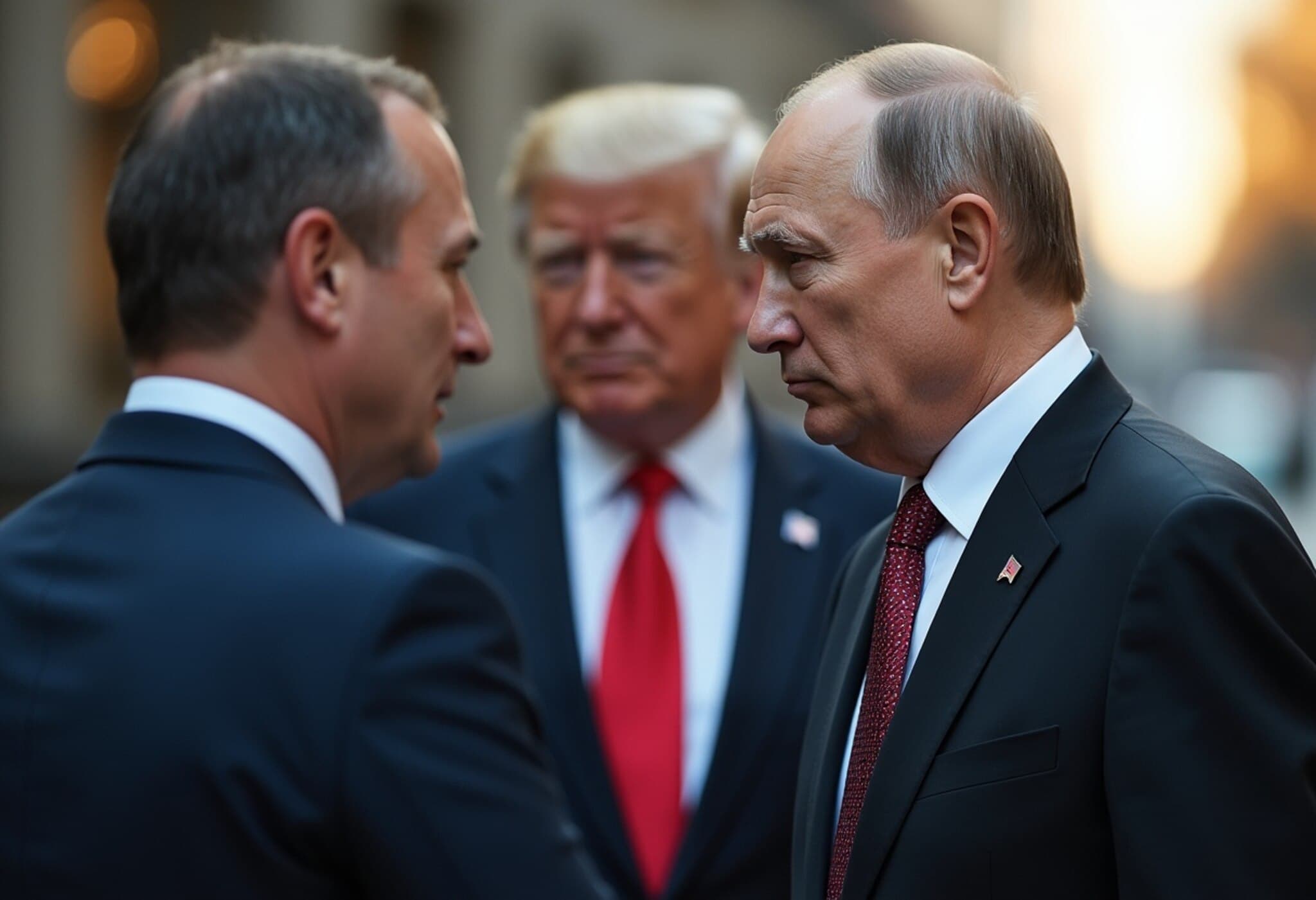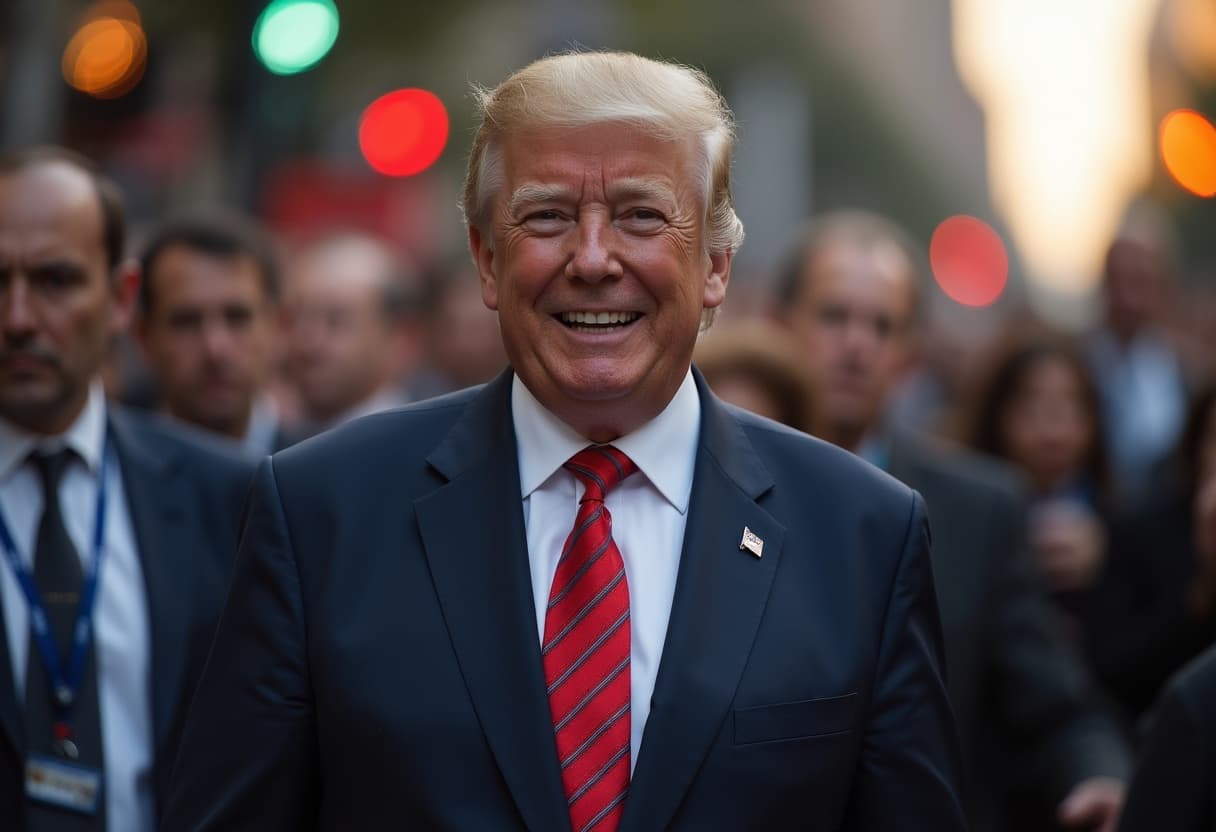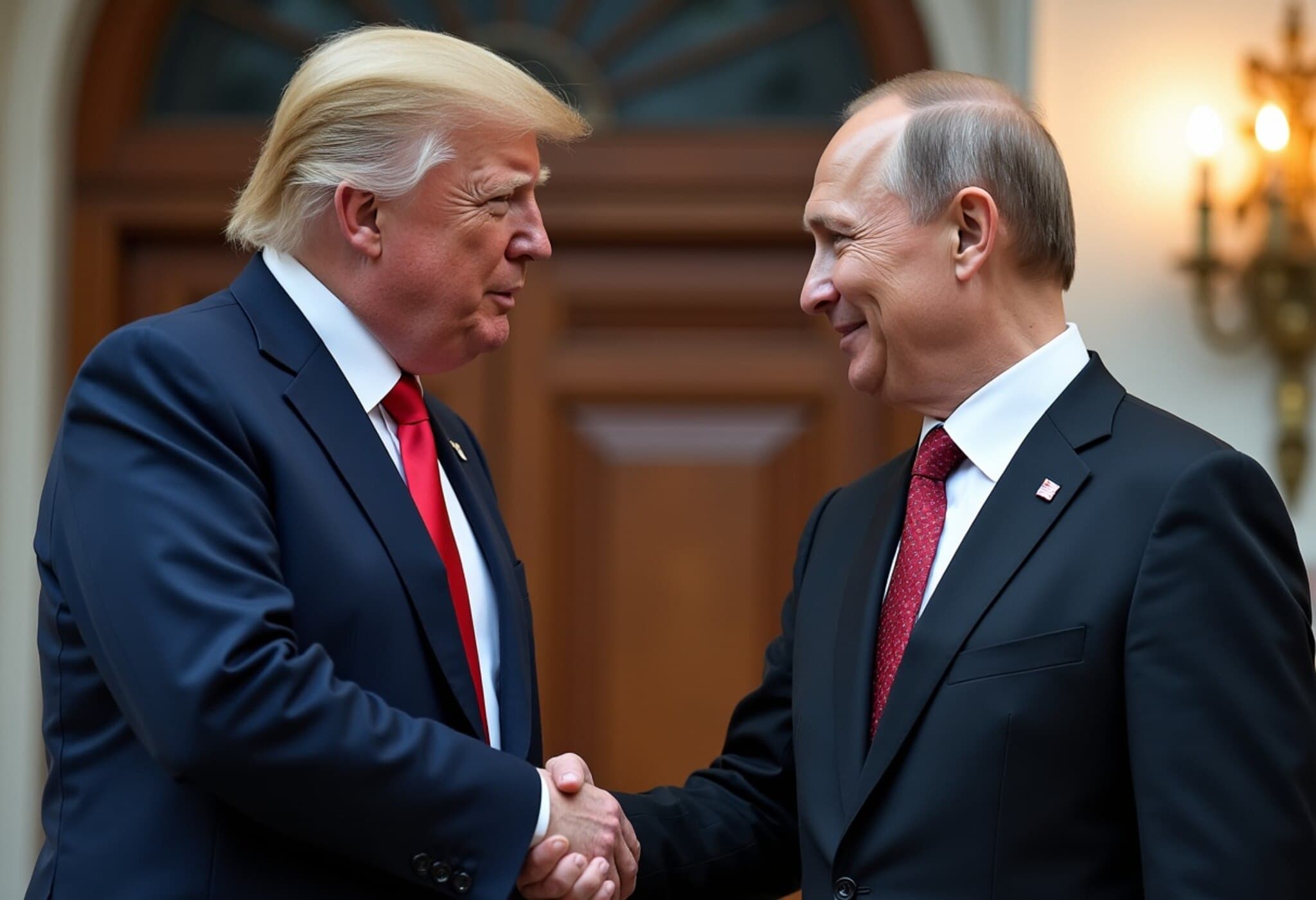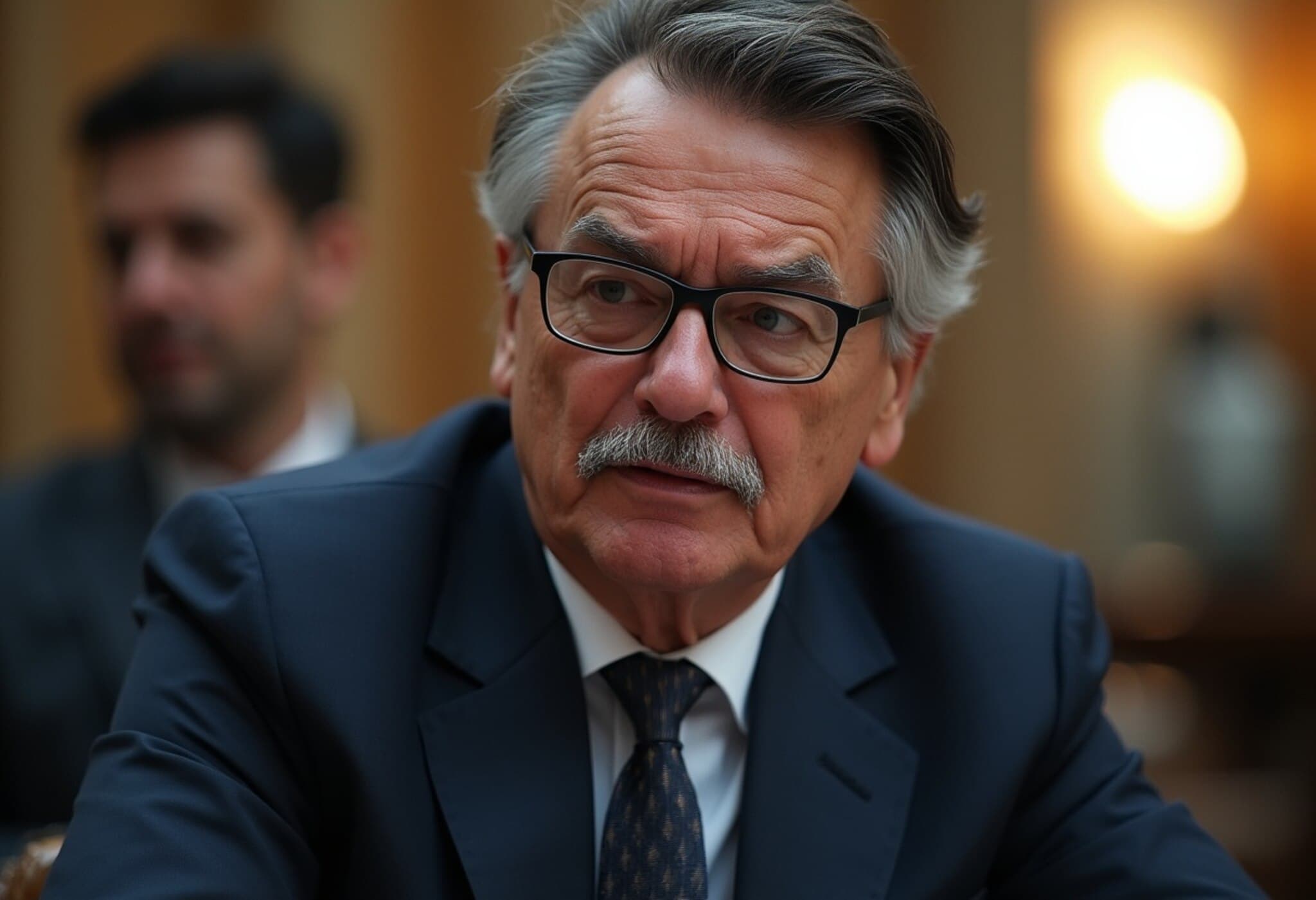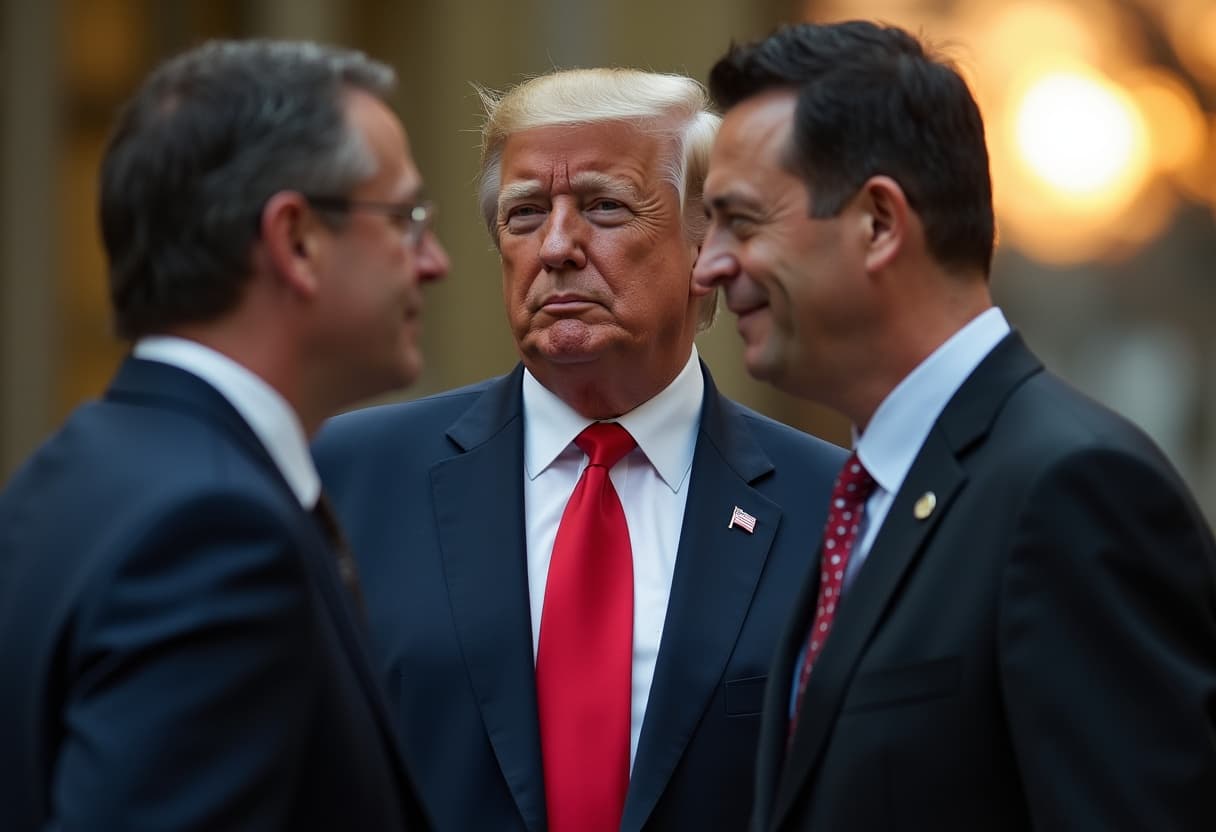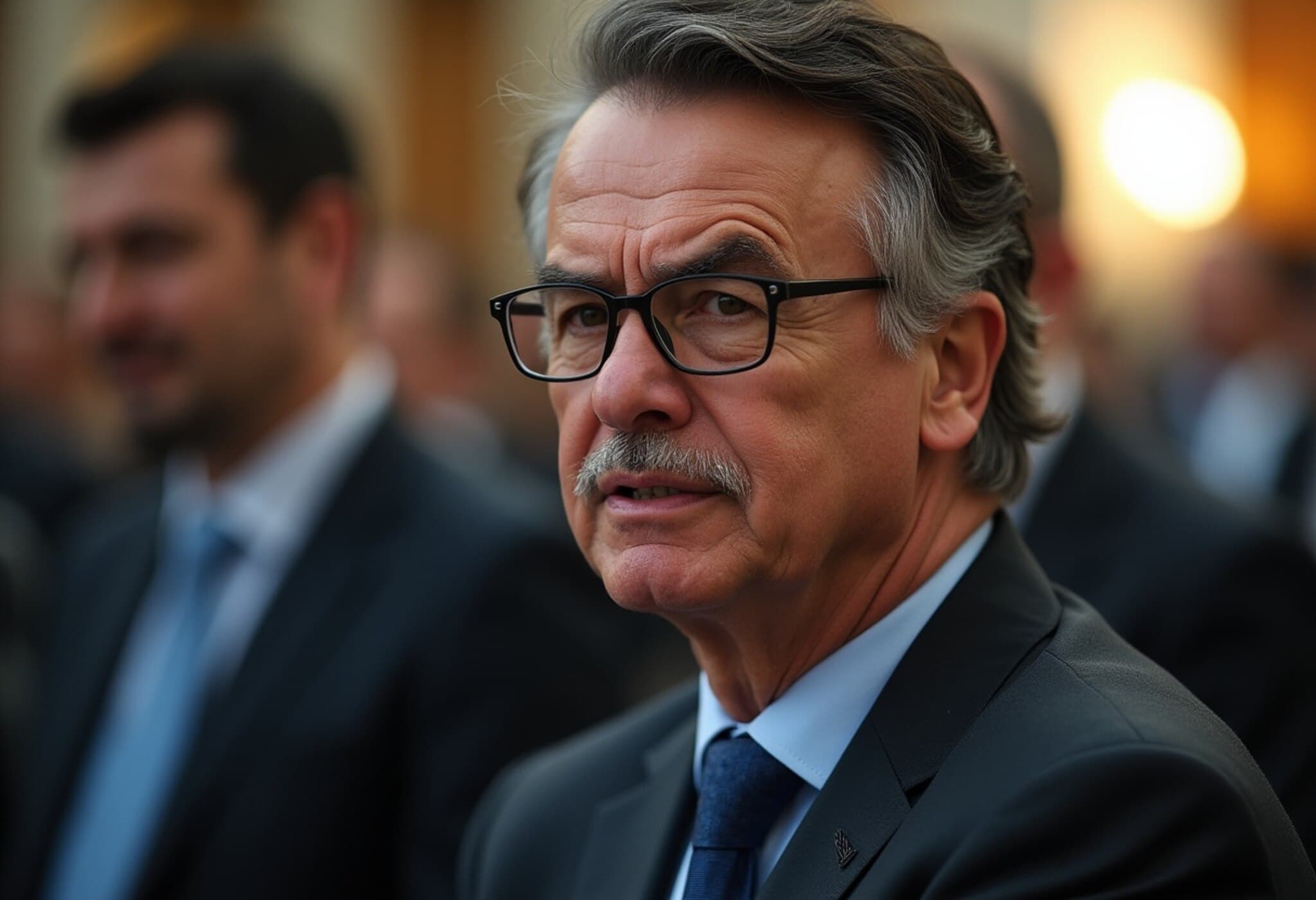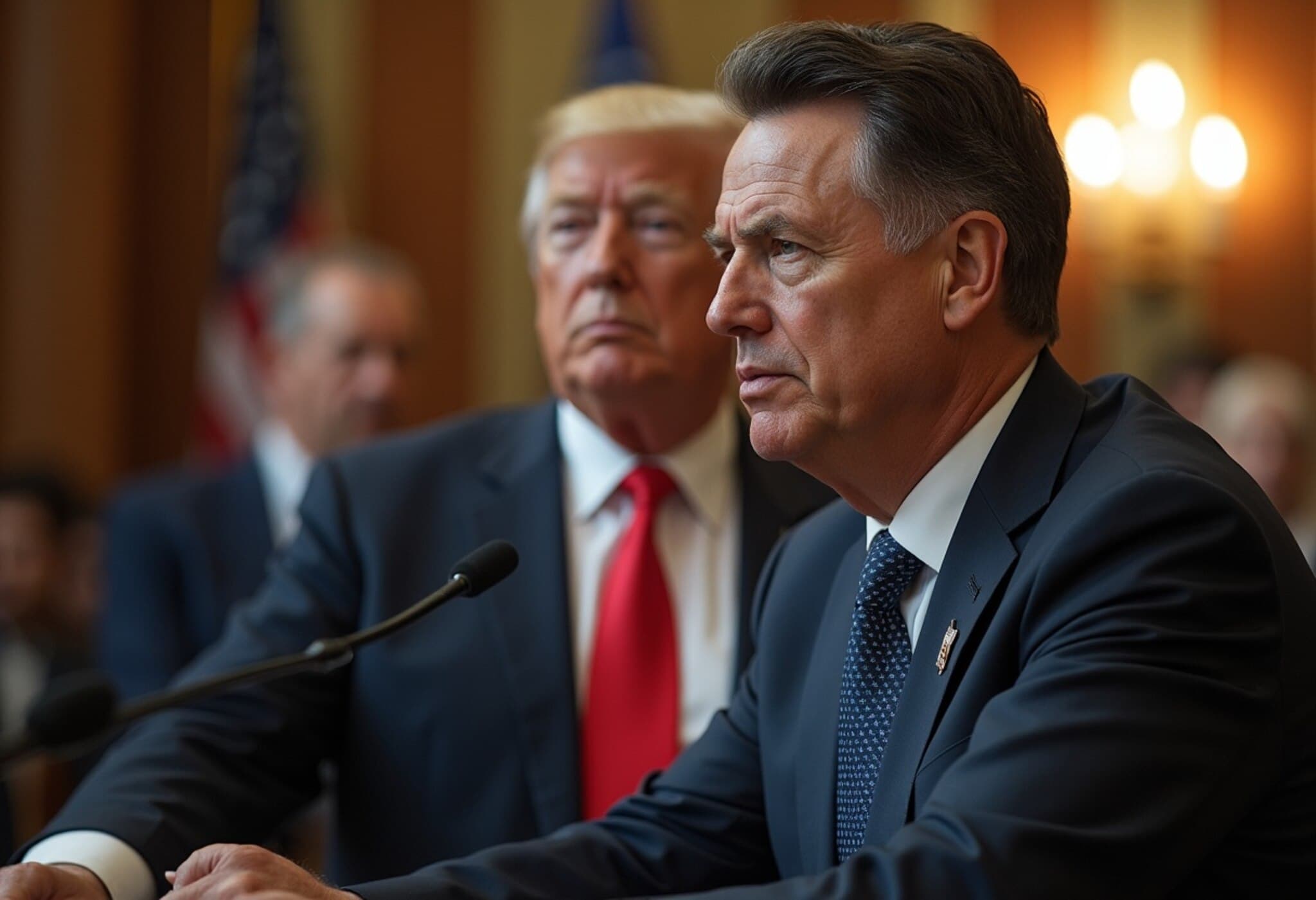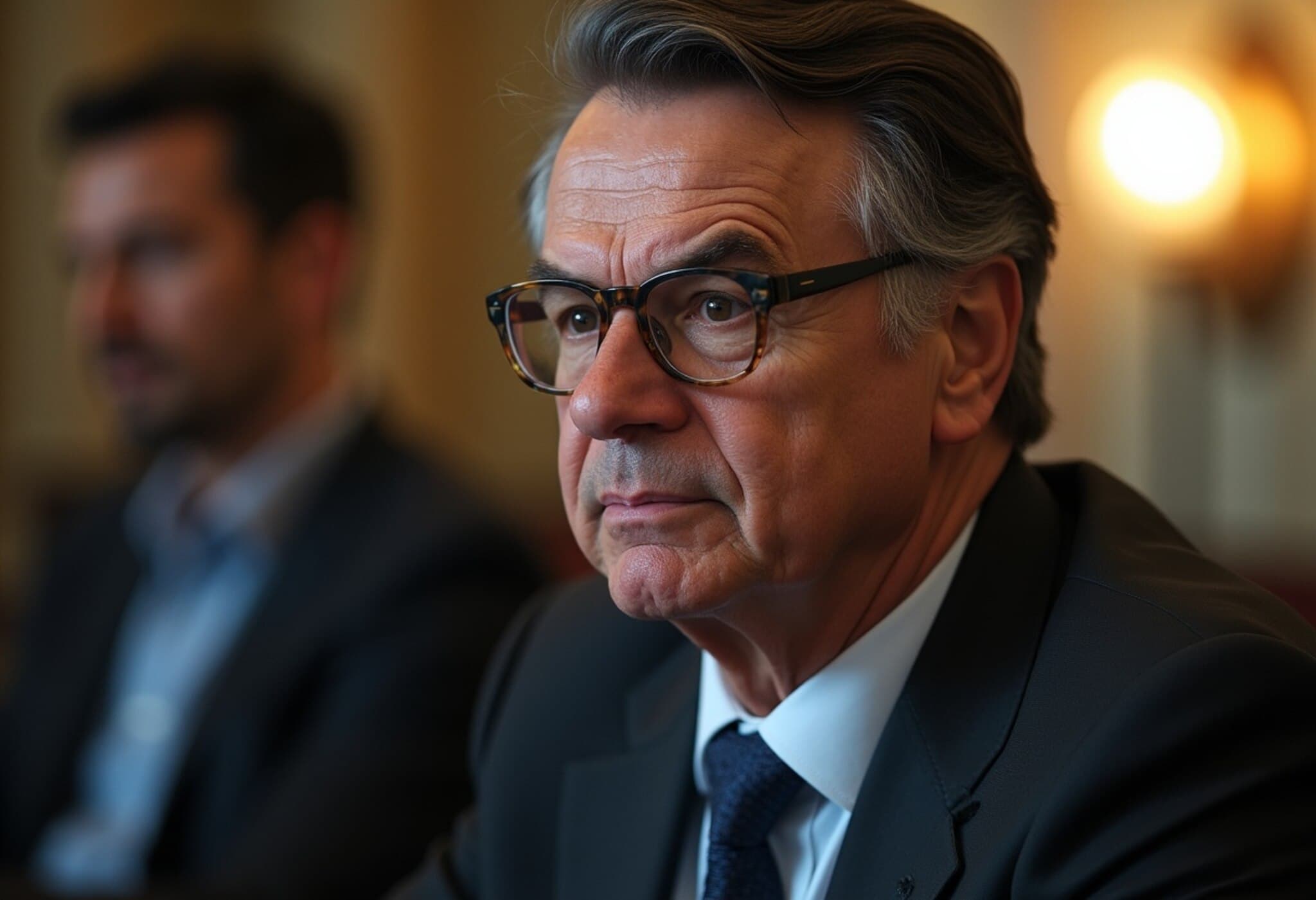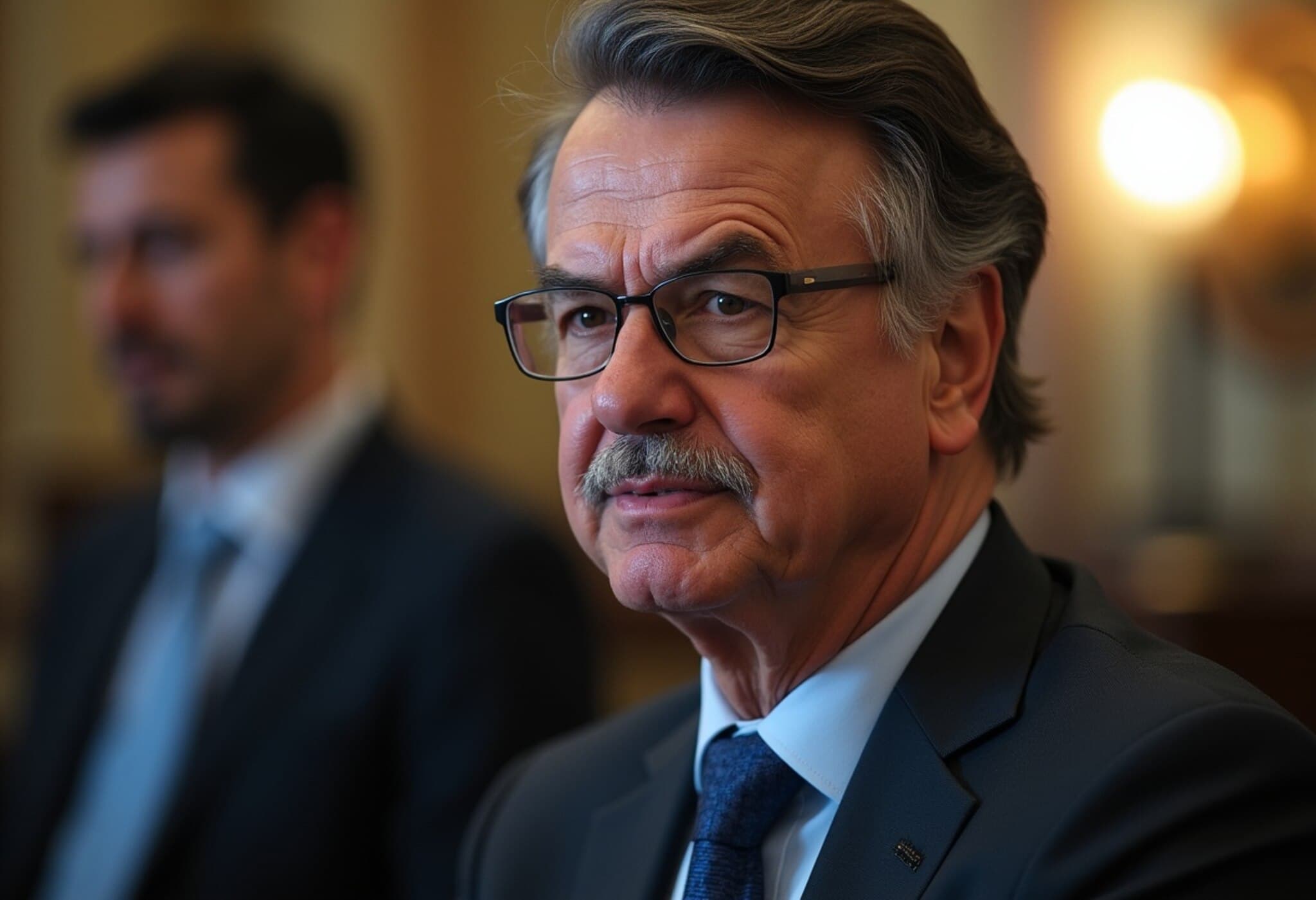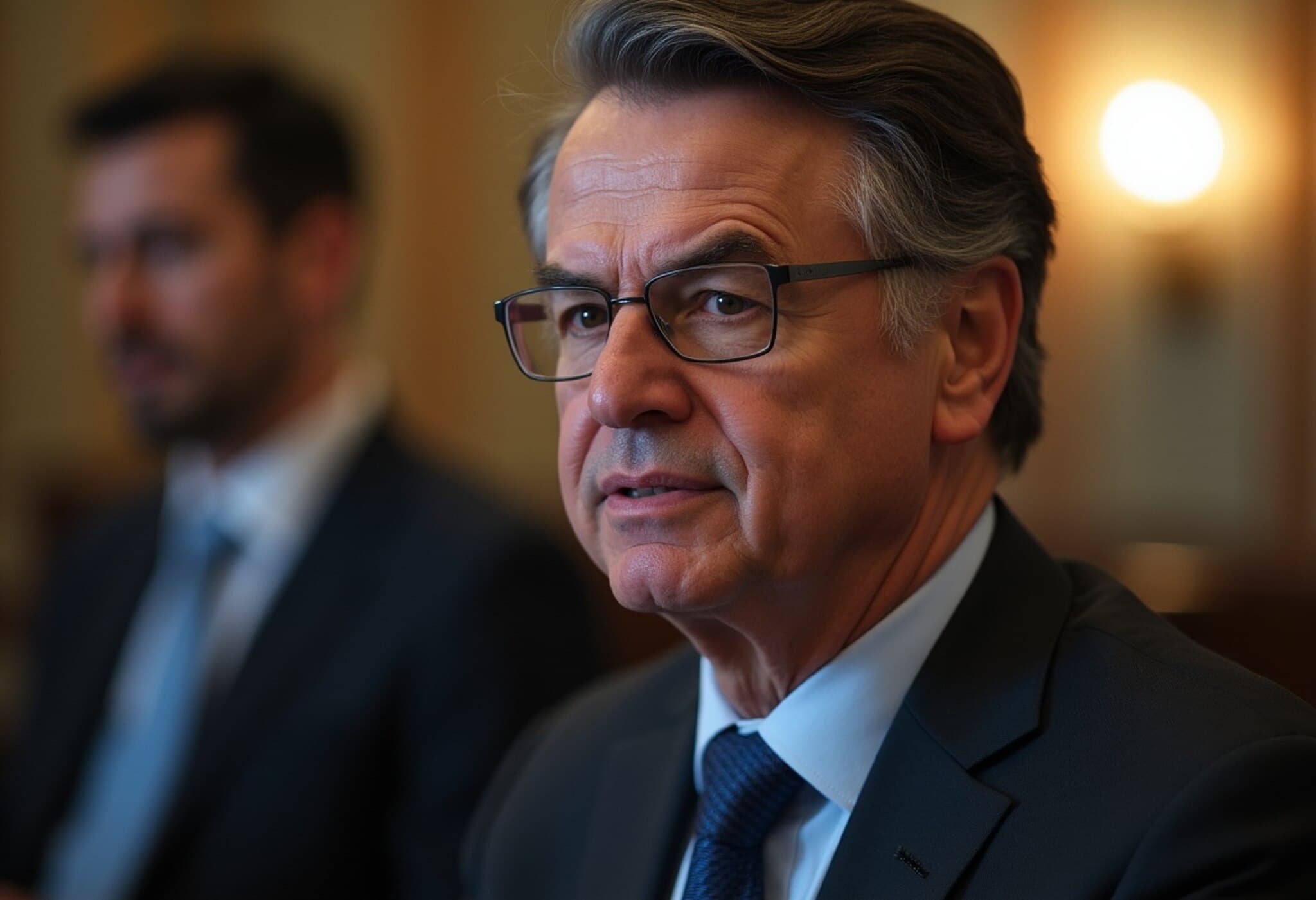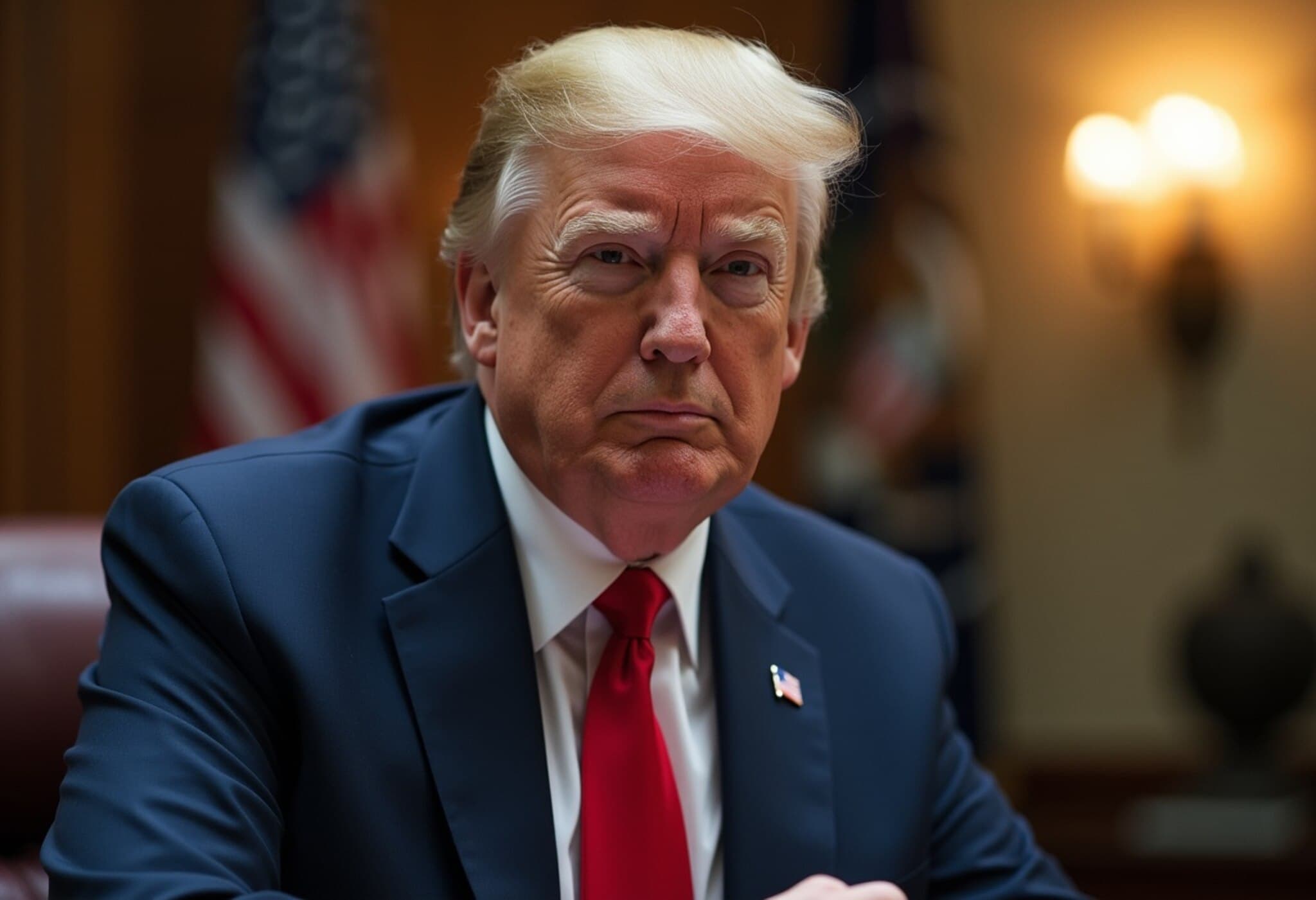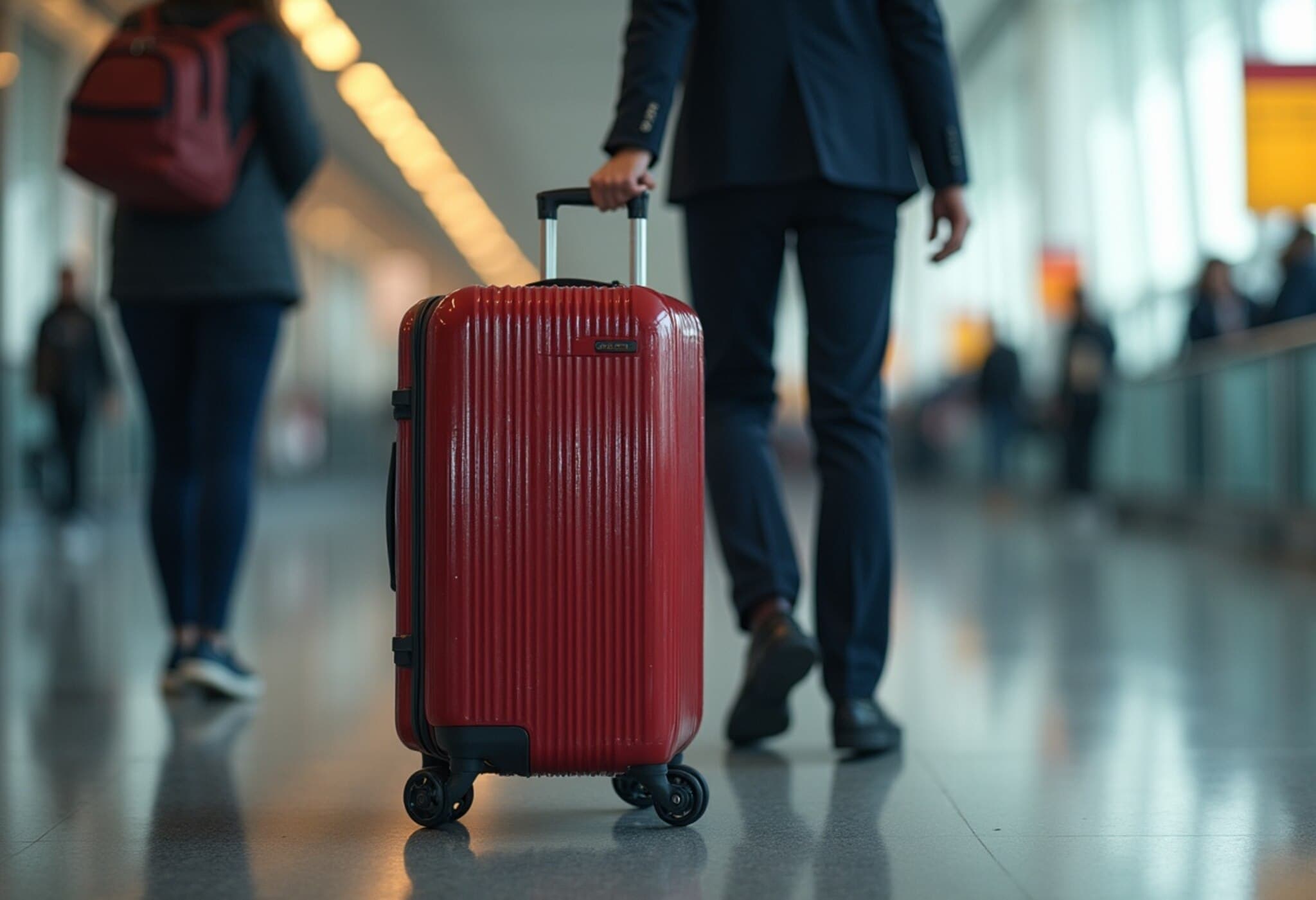Brazil’s Former President Jair Bolsonaro Ordered to Wear Ankle Monitor
The political turmoil in Brazil has escalated dramatically as former President Jair Bolsonaro was ordered by the Supreme Court to wear an ankle monitor following federal police raids on his residence and party headquarters in Brasília. These unprecedented measures come amid investigations accusing Bolsonaro of attempting to overturn the 2022 presidential election results.
A Supreme Court’s Tightening Grip
The Supreme Court’s ruling restricts Bolsonaro's movements extensively. The ex-president is banned from leaving his home at night, communicating with foreign diplomats or ambassadors, approaching embassies, and even using social media platforms. Furthermore, he cannot contact individuals under investigation, including his son, Eduardo Bolsonaro, a notable lawmaker residing in the U.S. and known for his close ties with former U.S. President Donald Trump.
Bolsonaro’s Reaction: ‘Supreme Humiliation’
After being fitted with the ankle monitor, Bolsonaro decried the ruling as a “supreme humiliation,” stating, “I never thought about leaving Brazil or seeking refuge in any embassy, but these precautionary measures suggest that the authorities fear I might flee.” His defiant tone underscores the deep political divide gripping Brazil.
Context: The 2022 Election and Coup Accusations
Bolsonaro, who lost the 2022 election to left-leaning President Luiz Inácio Lula da Silva, is facing trial at the Supreme Court for allegedly orchestrating a coup attempt to destabilize Brazil’s democracy. Justice Alexandre de Moraes emphasized a “concrete possibility” that Bolsonaro might try to escape the country. Moraes further implicated Bolsonaro in appealing to a foreign head of state to meddle in Brazil’s judicial system — a serious charge that touches on national sovereignty.
International Dimensions: Trump’s Defense and Trade Tensions
Bolsonaro’s political allies abroad have rallied in his defense. Former U.S. President Donald Trump condemned the actions as a “witch hunt,” posting on his social media platform that Bolsonaro is a victim of a biased judicial process. Trump’s vocal support includes a looming 50% tariff on Brazilian imports, effective August 1, signaling economic friction amid political discord. The U.S. Trade Representative’s office is also investigating Brazil’s trade practices under Trump’s directive, probing alleged unfair barriers to American exports.
Brazil’s Government Responds
President Lula da Silva lodged a stern response, rejecting imposed measures, stating: “Brazil will not accept anything imposed on it; we accept negotiation, not imposition.” Lula framed this as a defense of Brazilian sovereignty and national interests, highlighting an ongoing tension between respecting democratic processes at home and external economic pressures.
Expert Insight: What This Means for Brazil’s Democracy
This judicial clampdown on a former president is unprecedented in Brazil’s recent history and raises important questions about the balance between safeguarding democracy and political persecution. The Supreme Court’s stringent measures reflect concerns over threats to democratic stability but also risk further polarizing an already divided electorate.
American observers note the unique intersection of political backing and trade conflicts, where international alliances impact internal political narratives. Bolsonaro’s ties to Trump illustrate a broader ideological struggle both within Brazil and globally, underscoring how domestic politics can quickly become entangled with international diplomacy and economic policy.
Underreported Narratives: Social Media and Influence
One area often overlooked is the role of social media restrictions imposed on Bolsonaro. Given his extensive use of these platforms to mobilize support and spread his message, the Supreme Court’s curbs signal an attempt to limit digital influence, a growing battleground for political power worldwide.
Looking Ahead: What to Watch
- Whether Bolsonaro will fully comply with these restrictions and what legal challenges he may mount.
- The impact of U.S. tariffs and trade investigations on Brazil’s economy and bilateral relations.
- How Brazil’s political polarization evolves as the 2026 elections approach, especially under Lula’s leadership.
- The judiciary’s role in balancing law enforcement with democratic freedoms in volatile political climates.
Editor’s Note
Brazil’s unfolding political drama sheds light on the complex challenges democracies face when dealing with former leaders accused of undermining electoral outcomes. The Supreme Court’s firm stance symbolizes a commitment to upholding democratic institutions, yet it also opens debates about political fairness and national sovereignty. With global economic and diplomatic repercussions in play, this story warrants close international attention. Readers are invited to consider: How can countries balance ensuring democratic integrity with protecting political rights — especially in polarized societies? And what role should foreign nations play in domestic political affairs?

